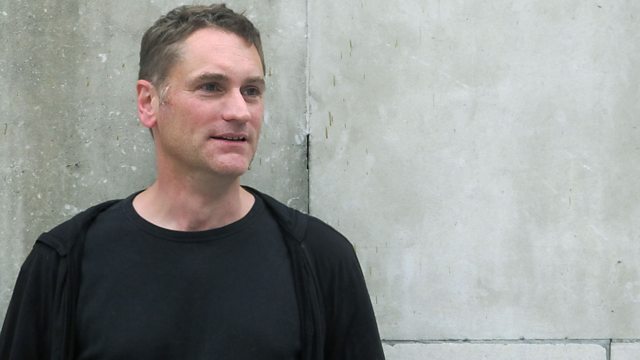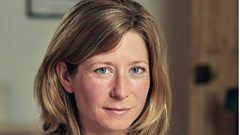Microbead impact, Remote animal logging, Royal Society book prize, Surgewatch
Following the government ban on micro plastics in personal beauty products that end up in the oceans, Gareth Mitchell assesses the real impact of minuscule plastic on marine life.
The government has announced that tiny pieces of plastic in personal beauty products that end up in the oceans will be banned from sale in the UK.
But given their size how much of a problem are minuscule bits of plastic to marine life? Gareth Mitchell meets Professor Richard Thompson of Plymouth University to uncover the marine biology concerns that have led to the micro bead ban.
However much we watch animals in the wild we can't really know what they get up to. Rory Wilson, Professor of Zoology at Swansea University, has found a way to eavesdrop on animals that live in remote parts of the world and he's revealed some of his latest discoveries at the British Science Festival in Swansea today. He's developed a logging device that collects a whopping amount of data - 400 items each second. His daily diary collects amongst other measurements, location, magnetic field, temperature, and pressure. Before his talk, Adam Rutherford went along to Rory Wilson's lab and found out which animals he's attached the logger to and discovered their secret life.
In the final entry of this year's shortlist for the Royal Society book prize Jo Marchant discusses Cure - which examines how the mind plays a crucial role in health. Our thoughts, emotions and beliefs, it seems, can ease pain, heal wounds, fend off infection and heart disease and even slow the progression of AIDS and some cancers. So what is the potential of the mind to heal - and what are its limits?
As many as 530 key infrastructure sites across England are still vulnerable to flooding, according to a government review out today. Southampton University researchers want to understand better how floods happen and how to predict them. Beyond burst river banks and breached defences, they're building up a more detailed picture, house by house, and street by street of what happens when water levels rise. For that they need data, lots of it going back as far as possible. Ivan Haigh at the National Oceanography Centre and his colleagues are pulling all kinds of photos and records together in an interactive multi-purpose online shared database called Surgewatch.
Presenter Gareth Mitchell
Producer Adrian Washbourne.
Last on
![]()
This programme is produced in partnership with The Open University.
Clip
-
![]()
Cure - Jo Marchant
Duration: 05:40
Broadcasts
- Thu 8 Sep 2016 16:30麻豆社 Radio 4
- Thu 8 Sep 2016 21:00麻豆社 Radio 4
Explore further with The Open University
Discover more fascinating science content with The Open University
Podcast
-
![]()
麻豆社 Inside Science
A weekly programme looking at the science that's changing our world.




